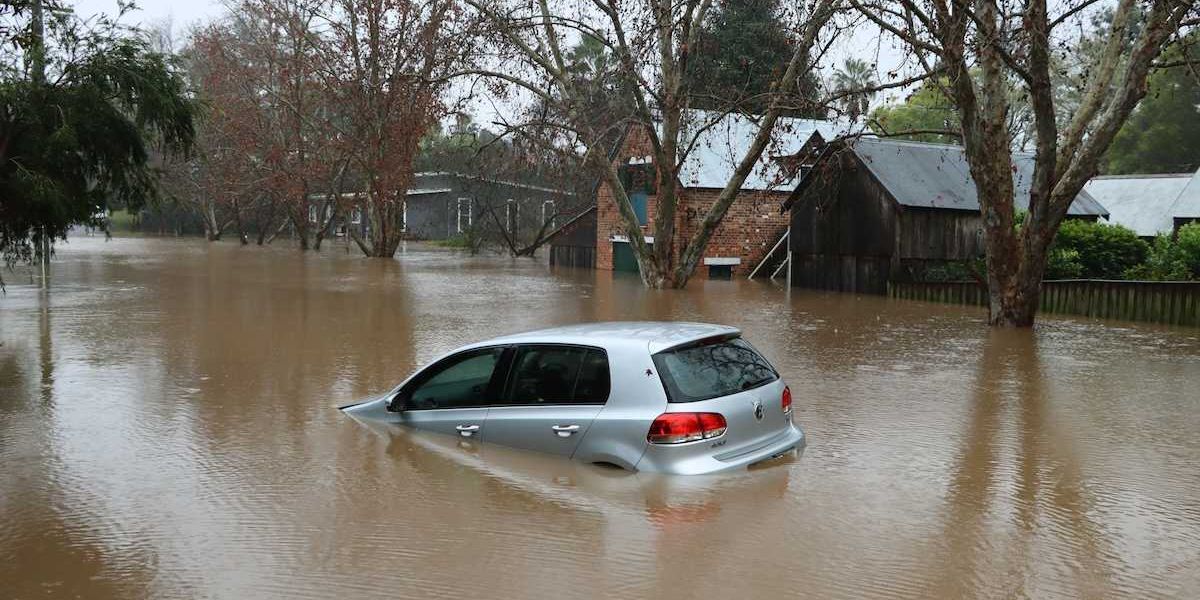NOAA scrambles to fill key weather roles after deep Trump-era staffing cuts
Despite sweeping staff reductions this year, the National Oceanic and Atmospheric Administration (NOAA) will temporarily hire for critical weather forecasting positions as hurricane season approaches.
Alexa St. John and Matthew Daly report for The Associated Press.
In short:
- NOAA will begin hiring for essential National Weather Service positions under a limited exemption from a federal hiring freeze.
- Earlier this year, the Department of Government Efficiency ordered massive cuts to NOAA, slashing hundreds of forecasting jobs and leaving many field offices with dangerous staffing shortages.
- Experts warn that the reduced capacity threatens public safety, especially during a projected busy hurricane season fueled by climate change.
Key quote:
“Despite the worsening climate and extreme weather impacts being felt across the country, the Trump administration has proceeded with its inhumane agenda that will leave people on the frontlines of disasters at greater risk.”
— Marc Alessi, science fellow, Union of Concerned Scientists
Why this matters:
Accurate and timely weather forecasting can mean the difference between life and death, particularly during natural disasters. The National Weather Service is on the front lines of that mission, issuing warnings that allow people to evacuate or shelter in time. But staffing shortages now undermine its capacity just as climate change fuels more intense hurricanes, floods, and heat waves. In the absence of around-the-clock forecasting, underserved communities and rural areas are often the first to feel the gap, raising the risk of injury, death, and economic loss. NOAA’s cuts could also hinder data collection essential to understanding climate trends, which informs infrastructure planning, agriculture, and emergency response systems. This loss of institutional capacity may reverberate across sectors—from air traffic and shipping to public health and disaster preparedness.
Related: Cuts to federal weather staffing are leaving communities vulnerable to tornadoes













